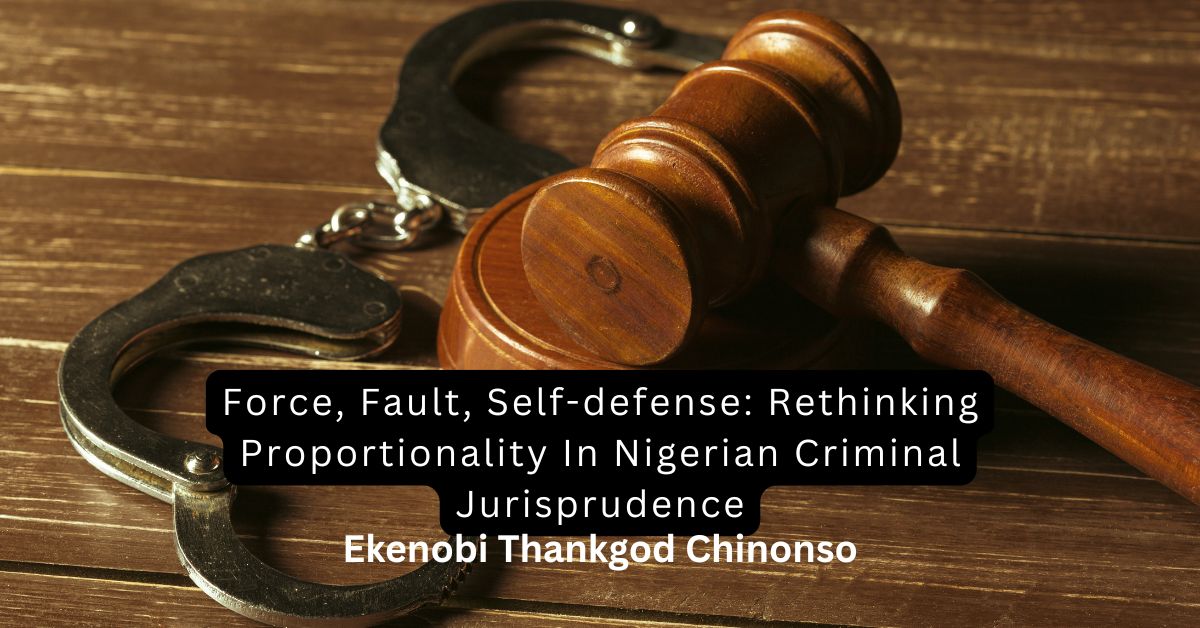Category: Articles
-
Screening of Offender and Arrest In Lieu: A Conflict Between Prohibition and Legal Protection Introduction Law enforcement agencies, particularly police, has a duty to ensure peace and order and obedience to the rule of law . These duties include power to arrest an offender and ensure jutice delivery on the suspect. However, this article argues…
-
Gender and Crime: Analyzing Female Perpetrators in India Abstract— In India, female criminality has historically received less attention, with most studies concentrating on male offenders or female victims. Examining crime typologies, socioeconomic and cultural factors, and the effectiveness of legal and rehabilitative measures, explores the growing problem of women as offenders in India. psycho-social correlates of female…
-
The E2 visa is a nonimmigrant visa that allows foreign investors and entrepreneurs to live and work in the United States based on a substantial investment in a U.S. business. The E2 visa is often sought by individuals from countries that have a qualifying treaty with the United States. While the concept may seem straightforward,…
-
Facing criminal charges can be one of the most intimidating experiences a person or their loved ones can encounter. The legal system involves rules, deadlines, evidentiary standards, and rights that are often unfamiliar to someone without legal training. In Springfield, Missouri, individuals accused of crimes often consult criminal lawyers in Springfield MO to understand their rights, legal…
-
Business refers to the activities of creating, buying, or selling goods and services with the goal of earning a profit while satisfying the needs and wants of customers. This overview explains the key ideas of business in clear and accessible language, making it useful for people of all ages — whether you are exploring new…
-
The Difference Between a Generalist and a Specialist Attorney Navigating the legal landscape can be one of life’s most challenging experiences. When faced with complex legal issues, particularly in high-stakes areas such as criminal defense or intricate tax disputes, the choice of legal representation can significantly impact the outcome. We often assume that any lawyer…
-
Why Standard EFET Contracts Fail Without UA-Specific Localization As the Ukrainian energy market accelerates its integration into the European ENTSO-E system, cross-border trading volumes in power and gas have reached levels previously considered unattainable. Increased interconnection capacity, volatile price spreads, and heightened demand for balancing services have drawn major European and US trading houses into…
-
Taxing For Equity: Can Nigeria’s 2025 Personal Income Tax Reforms Bridge The Inequality Gap? ABSTRACT Poverty and income inequality are prominent sustainable development goals (SDGs) that have gained global attention in the last 10 years. In Africa, approximately 460 million people live in poverty as of 2022, with a poverty rate of 43.1%, surpassing the…
-
Force, Fault, And Self-defense: Rethinking Proportionality In Nigerian Criminal Jurisprudence ABSTRACT Self-defense, an inherent and constitutionally guaranteed right in Nigeria, serves as a legal safeguard, allowing individuals to protect their lives, dignity and property from immediate or threatened harm. However, this right is not without limitations, as it is subject to the principles of proportionality,…
-
Law School Scholarships 2026 Learning at the Nigerian Law School (NLS) is a compulsory vocational training for all law students in Nigeria who intend to be called to the Nigerian Bar. Admission to the Nigerian Law School also comes with the requirement to pay tuition fee and other costs. With a Law School Scholarship, an…





